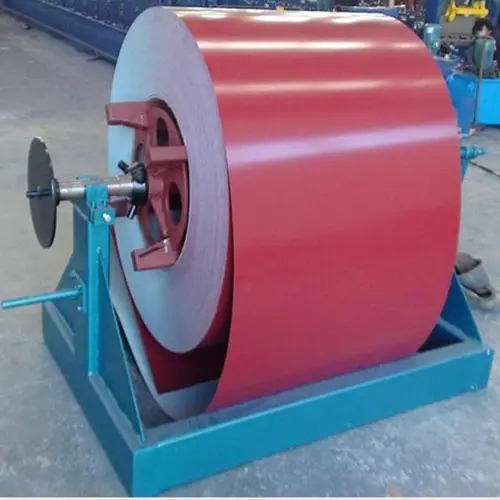
Exploring EPS Panel Machines Revolutionizing Construction and Insulation
In today’s evolving construction environment, energy efficiency and sustainability are at the forefront of architectural development. One notable advancement contributing to these goals is the EPS (Expanded Polystyrene) panel machine. This technology facilitates the production of EPS panels, which are increasingly being adopted in a variety of applications ranging from residential buildings to large-scale industrial projects. In this article, we will explore the features, benefits, and implications of EPS panel machines in modern construction practices.
What is EPS?
EPS, or Expanded Polystyrene, is a lightweight, rigid, and closed-cell foam material made from polystyrene beads. These beads are heated and expanded, forming a structure that provides excellent thermal insulation, is resistant to moisture, and offers considerable strength. Due to these properties, EPS has gained popularity as an insulation material in building construction and packaging solutions. The versatility and efficiency of EPS make it an ideal choice for creating pre-fabricated building materials such as panels.
The Role of EPS Panel Machines
EPS panel machines play a pivotal role in the automated production of EPS panels. These machines are designed to streamline the manufacturing process, enabling the rapid creation of panels that can be used for walls, roofs, and floors in construction. The manufacturing process typically involves feeding raw polystyrene beads into the machine, where they undergo heating and expansion, followed by shaping and cutting to size. Some advanced EPS panel machines are equipped with features that allow for the integration of reinforcement materials, enhancing the overall strength and durability of the panels.
Advantages of EPS Panels
1. Energy Efficiency One of the primary benefits of using EPS panels is their superior insulation properties. The closed-cell structure of EPS minimizes heat transfer, thereby reducing energy consumption for heating and cooling in buildings. This not only lowers utility bills but also contributes to a smaller carbon footprint.

2. Lightweight and Easy to Handle EPS panels are notably lighter than traditional building materials, making them easier to transport and handle during construction. This can lead to reduced labor costs and faster installation times.
3. Moisture Resistance EPS is inherently moisture resistant, which protects buildings from mold and structural damage over time. This characteristic is particularly beneficial in regions with high humidity or exposure to water.
4. Cost-Effectiveness The manufacturing process of EPS panels is relatively quick and cost-efficient. With the automated capabilities of EPS panel machines, builders can produce panels in large quantities without significant delays or labor costs.
5. Sustainability EPS is a recyclable material, and many manufacturers are now using recycled EPS in their production processes. This reduces waste and promotes the principles of sustainability in construction.
Applications
The versatility of EPS panels makes them suitable for a wide range of applications. In residential construction, they serve as excellent insulation systems that can improve the energy efficiency of homes. In commercial buildings, EPS panels are used in external walls, roof insulation, and temporary structures such as exhibitions or trade shows. Moreover, they are gaining traction in the prefabricated construction sector, allowing for quick assembly and high-quality results.
Conclusion
EPS panel machines are transforming the way we approach construction and insulation. As the demand for energy-efficient and sustainable building materials continues to rise, the role of EPS panels in the industry becomes increasingly significant. With advances in technology, the capabilities of EPS panel machines are set to expand, further enhancing their practicality and efficiency. As we look towards a future that prioritizes sustainability and efficiency, EPS panels offer a promising solution to meet the challenges of modern construction. Embracing this technology not only benefits builders and homeowners but also contributes positively to the environment.